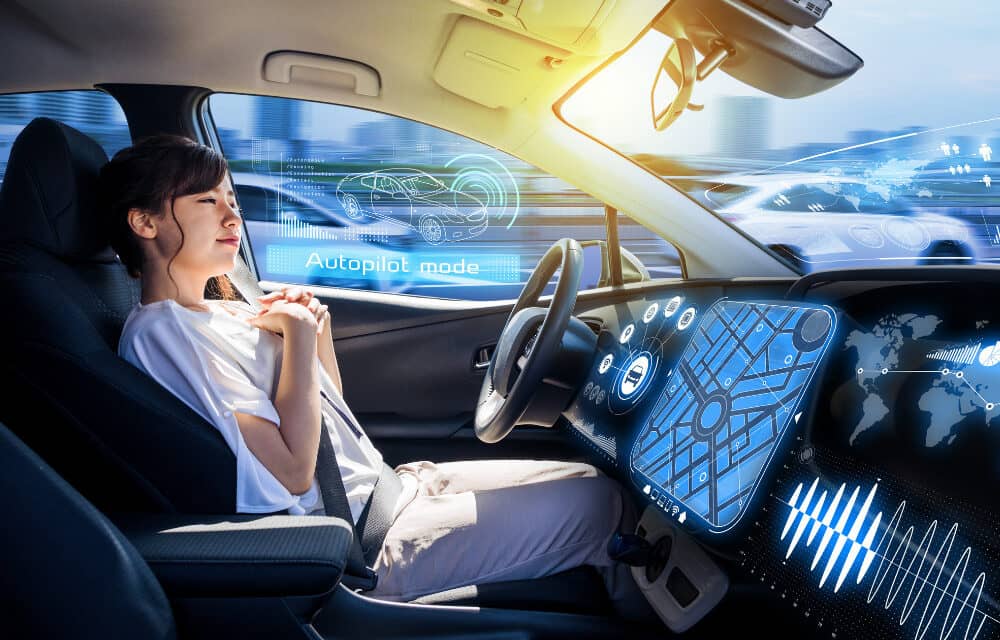
Motorists in the UK could see self-driving vehicles on British roads for the first time later this year. Following a landmark call for evidence, the government has set out how vehicles fitted with Automated Lane Keeping System technology could legally be defined as self-driving, as long as they receive GB type approval and that there is no evidence to challenge the vehicle’s ability to self-drive.
Designed for use on a motorway in slow traffic, ALKS enables a vehicle to drive itself in a single lane, while maintaining the ability to easily and safely return control to the driver when required.
The technology could improve road safety by reducing human error, which contributes to over 85% of accidents. The driver will be able to hand control over to the vehicle, which will constantly monitor speed and keep a safe distance from other cars.
Today’s announcement comes as consultation on The Highway Code rules is launched to ensure the first wave of this technology is used safely and responsibly. This consultation will conclude on 28 May 2021.
Transport Minister Rachel Maclean said: “This is a major step for the safe use of self-driving vehicles in the UK, making future journeys greener, easier, and more reliable while also helping the nation to build back better. But we must ensure that this exciting new tech is deployed safely, which is why we are consulting on what the rules to enable this should look like. In doing so, we can improve transport for all, securing the UK’s place as a global science superpower.”
Self-driving technology in cars, buses, and delivery vehicles could spark the beginning of the end of urban congestion, with traffic lights and vehicles speaking to each other to keep traffic flowing, reducing emissions, and improving air quality in our towns and cities.
Not only are automated vehicles expected to improve road safety, but the technology could also improve access to transport for people with mobility issues and lead to more reliable public transport services, helping to level up access to transport in historically disconnected and rural areas.
As we build back better, connected and autonomous vehicle technology could create around 38,000 new jobs in a UK industry that could be worth £42 billion by 2035. Over 80% of these jobs are expected to be in professional, technical, and skilled trade occupations.
The UK is already one of the world leaders in connected and self-driving vehicle innovation, and British companies are working on and developing the next generations of automated vehicles.



